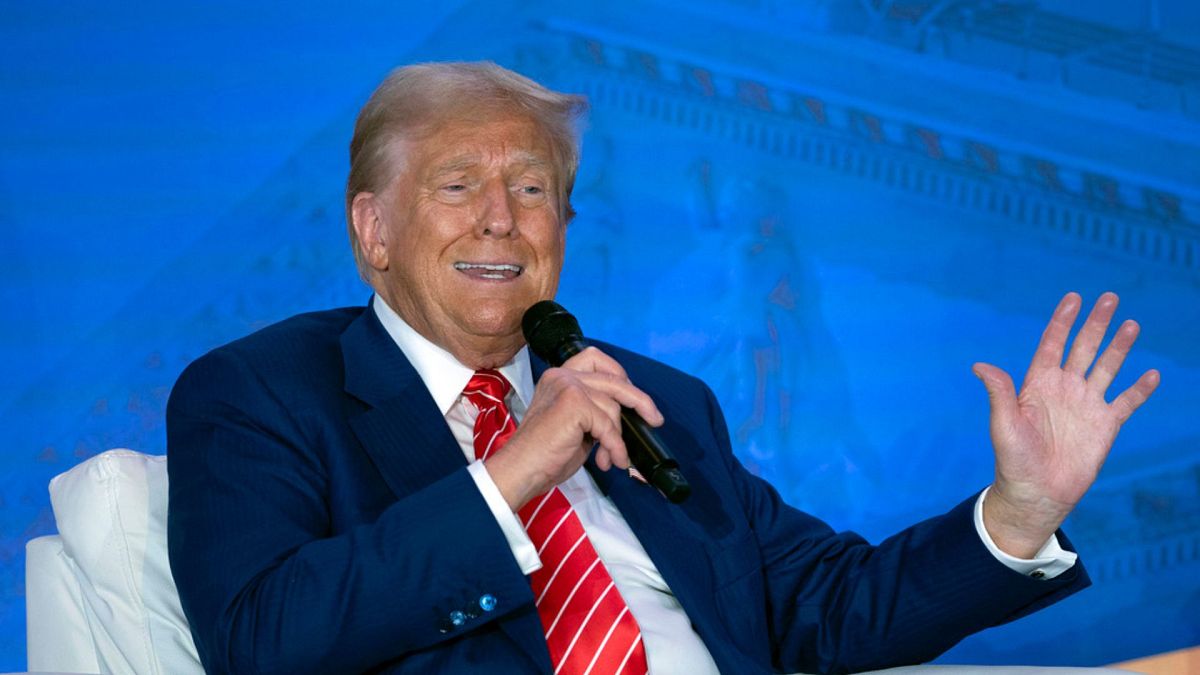In a recent development, the US Justice Department has accused two employees of Russian state media company RT of funneling nearly $10 million to a Tennessee-based content creation company for Russia-friendly content. The company, which is linked to six conservative influencers including Tim Pool, Dave Rubin, and Benny Johnson, uses the money to produce English-language videos that align with the Kremlin’s interests in amplifying divisions in the US. Despite the indictment, the influencers themselves are not facing any allegations of wrongdoing, as some of them were given false information about the source of the company’s funding.
This revelation highlights the increasing role that influencers play in politics and shaping public opinion, especially in the wake of declining traditional media and limited disclosure requirements on social media platforms. The influencers associated with the Tennessee-based company have garnered millions of followers who resonate with their conservative viewpoints and controversial opinions. This network of influencers, which includes prominent figures like Tim Pool and Dave Rubin, have been at the forefront of shaping right-wing political discourse since the Trump era, unwittingly working for a company that was funded by Russian state media employees.
The indictment demonstrates how Moscow may be leveraging the popularity of right-wing podcasters and content creators to further its influence operations in the US. Some of the influencers associated with the Tennessee-based company were paid significant amounts for their work, with one influencer reportedly receiving a $400,000 monthly fee, along with a signing bonus and performance bonus. Additionally, the company’s shows have featured high-profile conservative guests, attracting millions of views on online platforms.
The influencers linked to the scandal have built loyal communities of followers who resonate with their conservative views and distrust of mainstream media sources. Despite facing criticism for spreading political misinformation, these influencers have continued to amass large followings and shape public discourse on social media platforms. The indictment sheds light on the murky world of online content creation, where funding sources are often undisclosed, leaving the public unaware of who is behind the messaging they consume.
While the influencers themselves have denied any wrongdoing and claim to be victims of the alleged crimes, the indictment underscores the complex web of influence operations that foreign actors like Russia may be orchestrating to sway public opinion in the US. With little regulation and oversight in the realm of influencer marketing, this case serves as a wake-up call for the public to critically evaluate the sources of information they consume online. As the power of influencers continues to grow in the digital age, it is crucial for individuals to be aware of the potential biases and agendas that may be driving the content they encounter online.
In conclusion, the US Justice Department’s indictment of Russian state media employees for funding a Tennessee-based content creation company associated with conservative influencers sheds light on the evolving landscape of online influence operations. It underscores the need for greater transparency and accountability in the digital sphere, where influencers wield significant power in shaping public discourse and political narratives. As the role of influencers continues to expand, it is essential for individuals to be vigilant about the sources of information they engage with and to critically evaluate the content they consume on social media platforms. The case serves as a cautionary tale about the potential risks of unchecked influence operations and highlights the importance of promoting media literacy and digital citizenship in an increasingly interconnected world.











